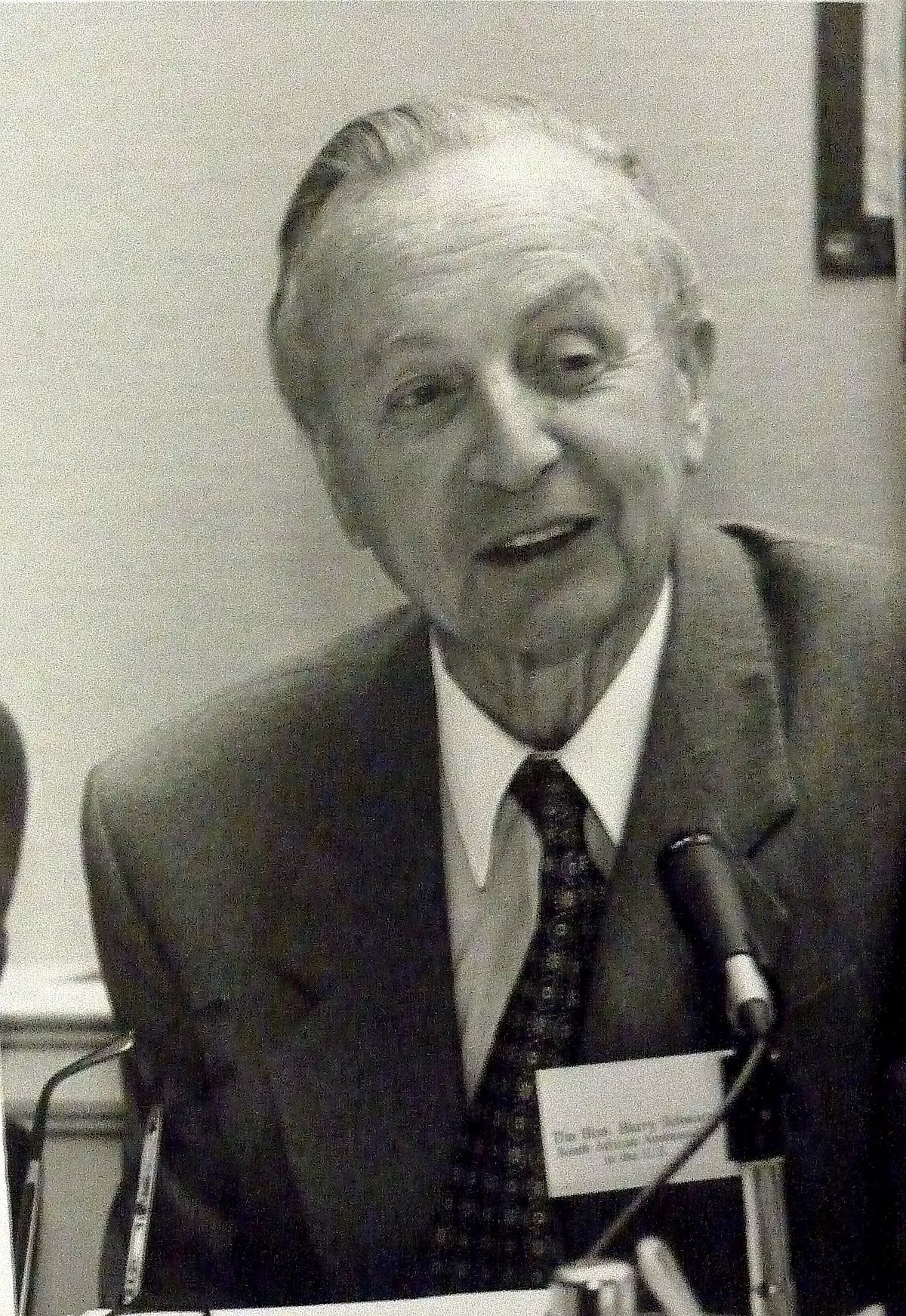 1.
1. Harry Heinz Schwarz was a South African lawyer, statesman, and long-time political opposition leader against apartheid in South Africa who eventually served as the South African Ambassador to the United States during the country's transition to majority rule.